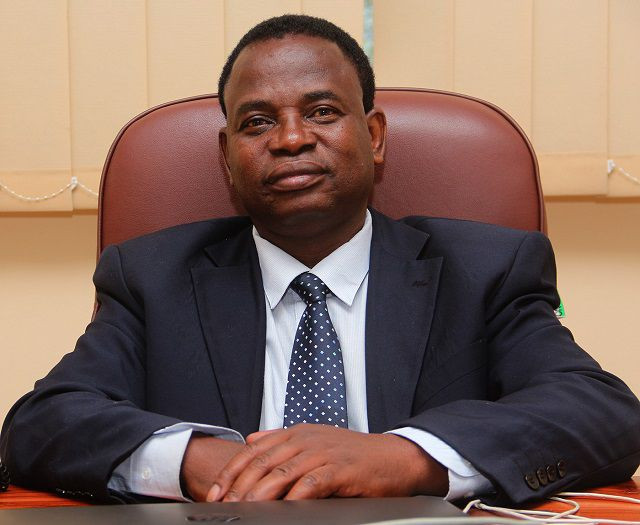
THE Zimbabwe Association of Funeral Assurers (Zafa) is currently in discussions with the Insurance and Pensions Commission (Ipec) to address challenges related to the mandatory investment of 10% of their portfolios in prescribed assets, businessdigest reports.
This initiative comes as Zafa struggles to comply with the regulatory requirement, seeking alternative solutions to navigate the complexities of investing in prescribed assets, amid economic instability and inflationary pressures that complicate investment strategies.
Pension funds are legally required to allocate at least 20% of their investment portfolios to prescribed assets, while life assurance companies must invest 15%.
Funeral assurance companies face a similar obligation to invest 10%.
Earlier this year, Ipec emphasised the need for pension funds and insurance firms to allocate at least 10% of their assets to these prescribed categories, citing slow uptake.
In an interview with businessdigest, Zafa president Patrick Mhuka said funeral service providers were at risk of losing their assets over the 10% requirement.
“I think the other area that we want to talk about is compliance with prescribed asset ratios, which are funeral assurers who are supposed to have 10% of our assets in prescribed assets. That is 10% of the total assets that we hold,” Mhuka said.
“But, the challenge that we have currently is if we invest in any assets that are not aligned with our business model, we end up losing, especially in this country. And currently, investing in cash or near liquid assets, we end up losing them.
- Wafer-thin capital markets send shivers
- Pension funds generate US$29 million
- Long-serving pension funds trustees put on notice
- Bank charges eroding public confidence
Keep Reading
“So, what we have been negotiating with the regulator is for us to come up with our own assets that can be accorded prescribed assets.”
He said industry players would want to invest in cemeteries and mortuaries to unlock value for their members.
“People like funeral assurance policies because they give actual service rather than cash. We are going to engage the regulator to accord a prescribed asset status to such assets. I am sure that our members will then comply,” he said.
Zafa is also working to have an agreement with the government to refurbish and resuscitate mortuaries at its hospitals as an investment under prescribed assets.
“We have also discussed the issue with government mortuary hospitals that we want to construct.
“We want to refurbish the government mortuary hospitals because most of them out there have not been in use for some time, and because of the economic challenges, the government has not been able to resuscitate all the mortuaries.”
He added: “We are hoping that the regulator and the parent ministry will consider, according to prescribed assets in those areas, to allow for our Zafa members to also participate in the public assets’ development.”
The Zafa president also noted that the sector was struggling with compliance issues pertaining the capital requirements and asset separation due to the loss of value caused by currency distortions and economic volatility.
It also struggles with submitting quarterly reports to the regulator due to cost constraints.
“That is a serious area of concern for us because it does not portray or give confidence to the market, both investors and policyholders when we fail to comply with such regulation,” he said.
“But when you look at where we came from, we are just coming out of a serious pandemic where we lost value, not only because of the claims that were coming but some of the highest inflation figures in the world.”
During this period, he said value was lost and they could not increase premiums to cover for the loss.







